Stories
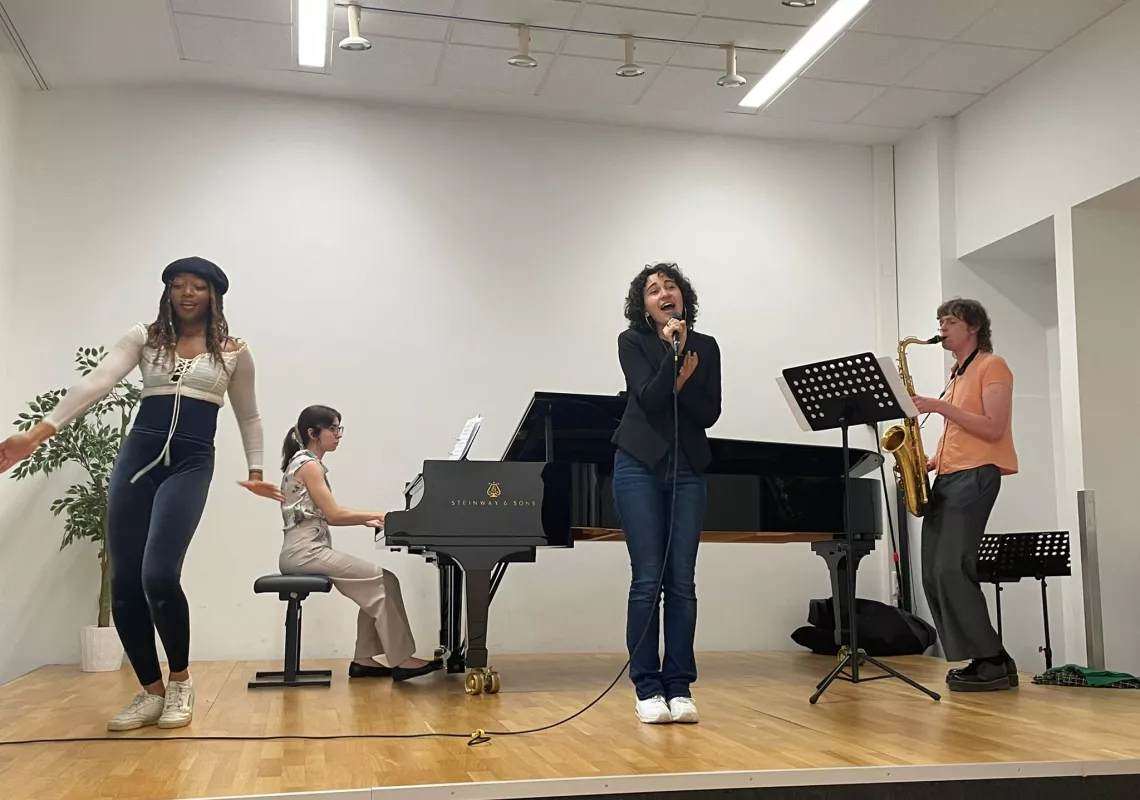
Summer Stories: Jade Poli '25
"My undergraduate career at Bryn Mawr has made me more independent and more confident to feel like I know what I’m doing."
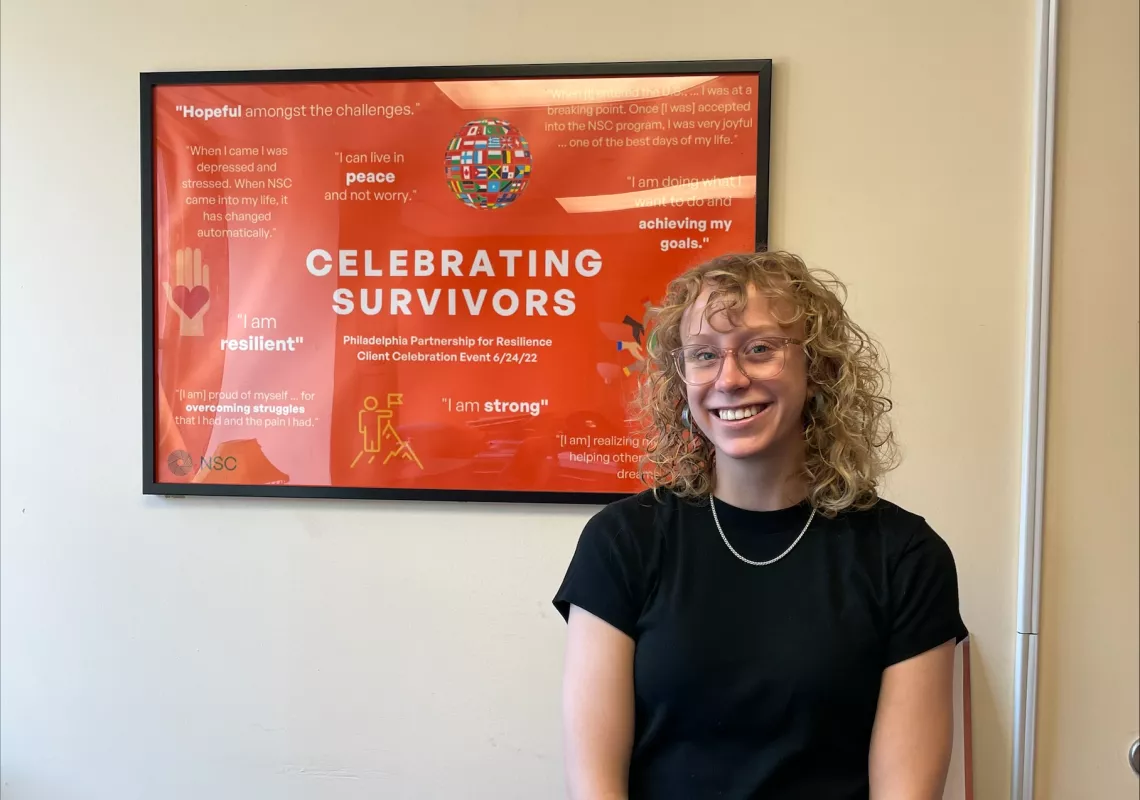
Summer Stories: Emma Gross '25
"Bryn Mawr has taught me not just information in my classes, but also how to talk about it and apply what I’m learning outside the classroom."
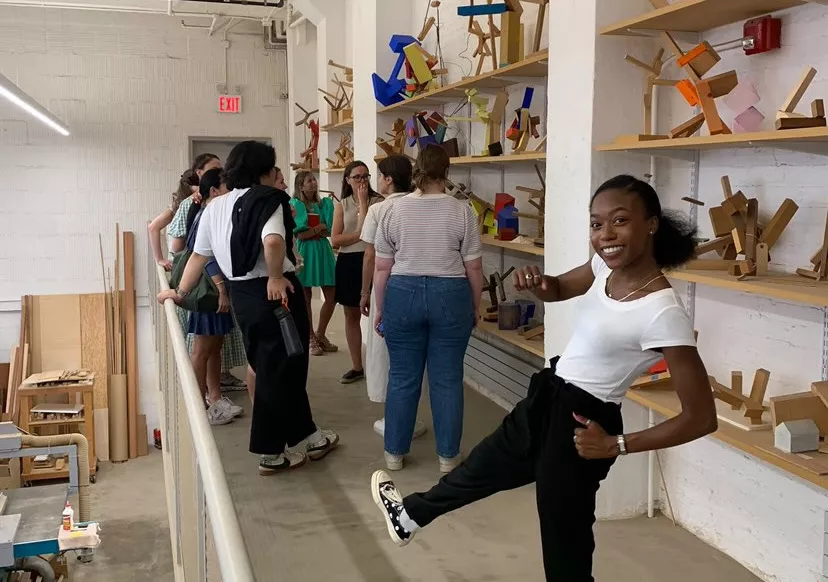
Summer Stories: Annalise Ashman '24
"The History of Art department at Bryn Mawr has continuously provided me with the invaluable art historical knowledge to be able to pursue this opportunity, and others like it, with confidence."
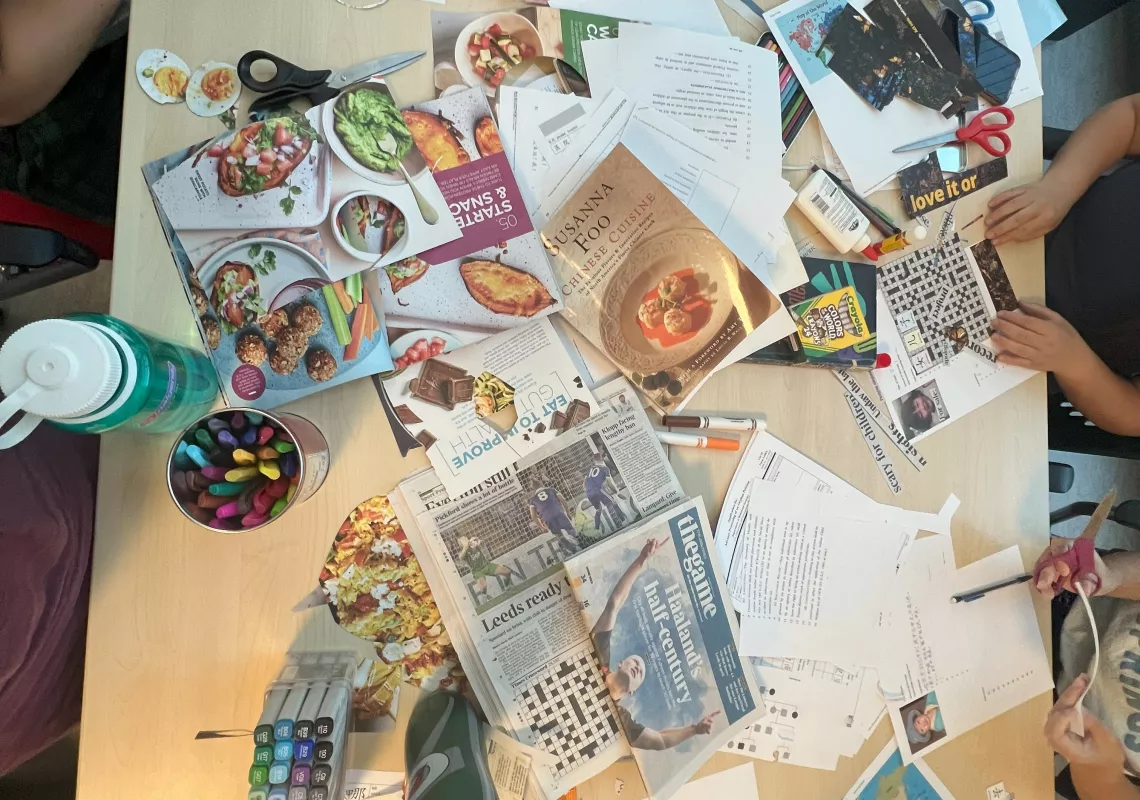
Summer Stories: Celeste Bloom '24
"What’s special about this fellowship is that I got to create it and there is a large focus on Bryn Mawr’s history, specifically on students of color, diversity, and how that’s looked throughout time."
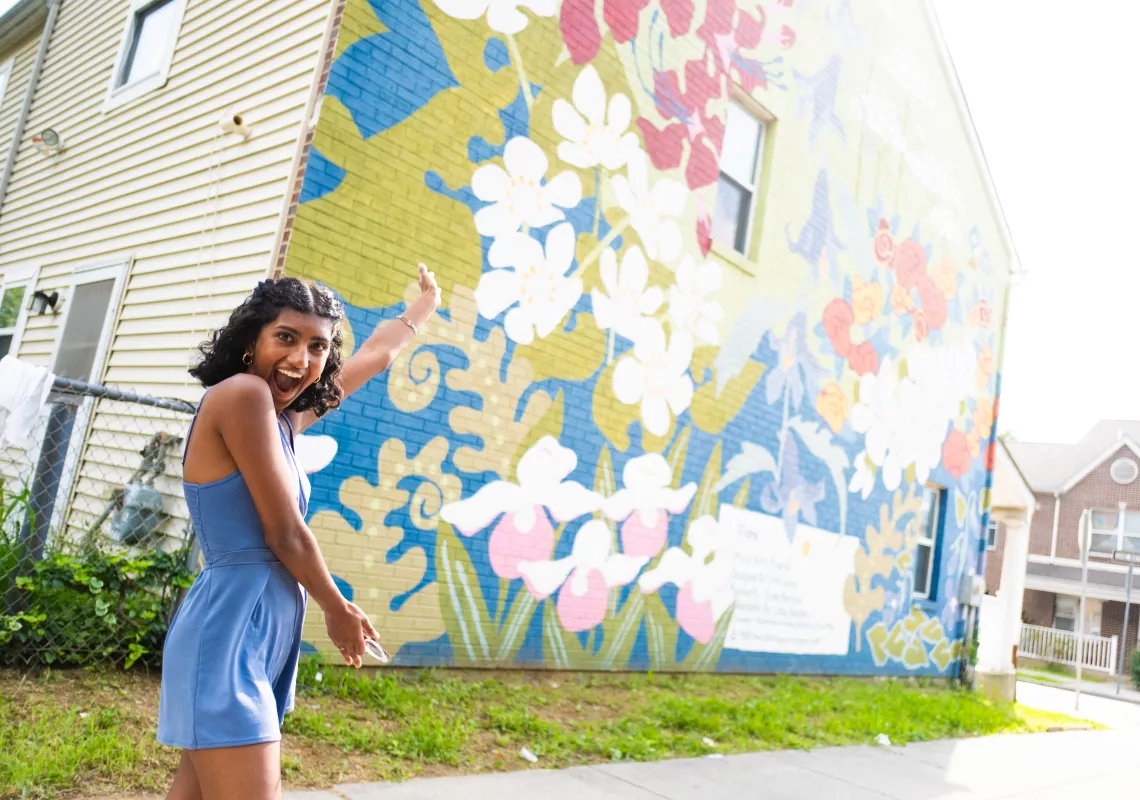
Summer Stories: Lakshmi Natesan '25
"Art is one of my passions, as is art education, and Bryn Mawr helped me with the first step in that career."
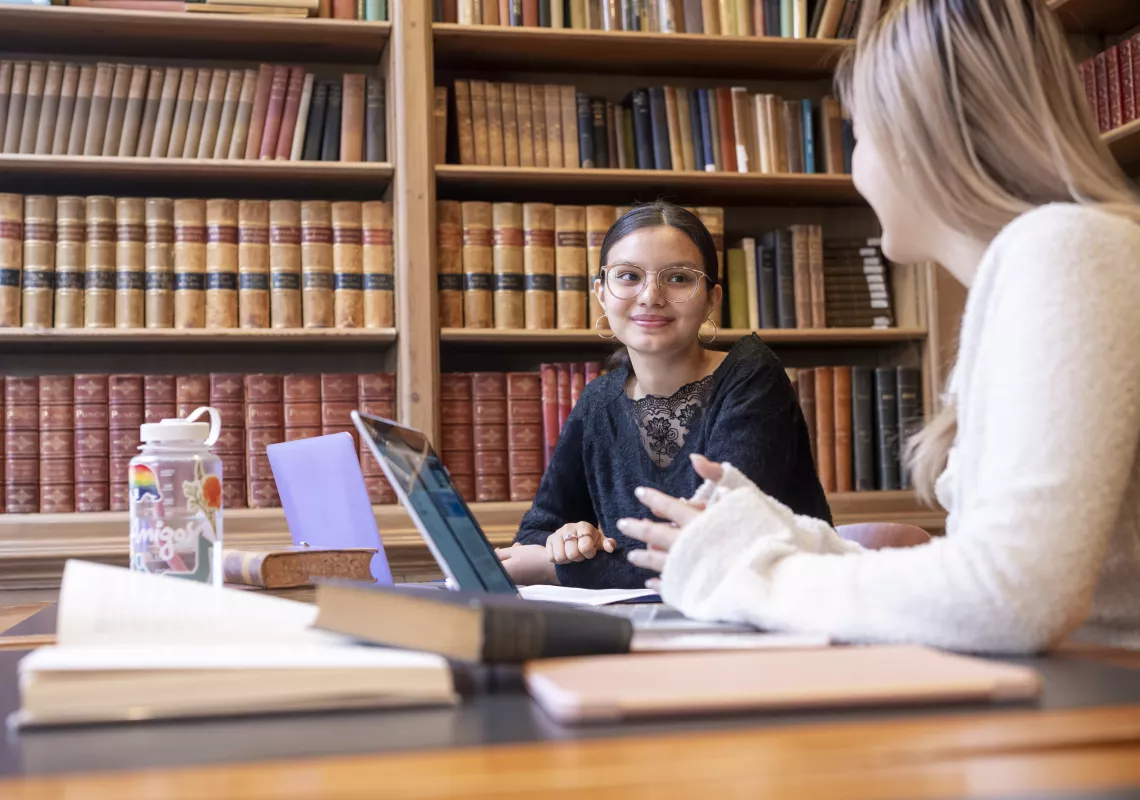
College Interviews Are Just Conversations
"I learned that interviews are a two-way process. They are a great opportunity to learn more about a college and see if it is a good fit for you."
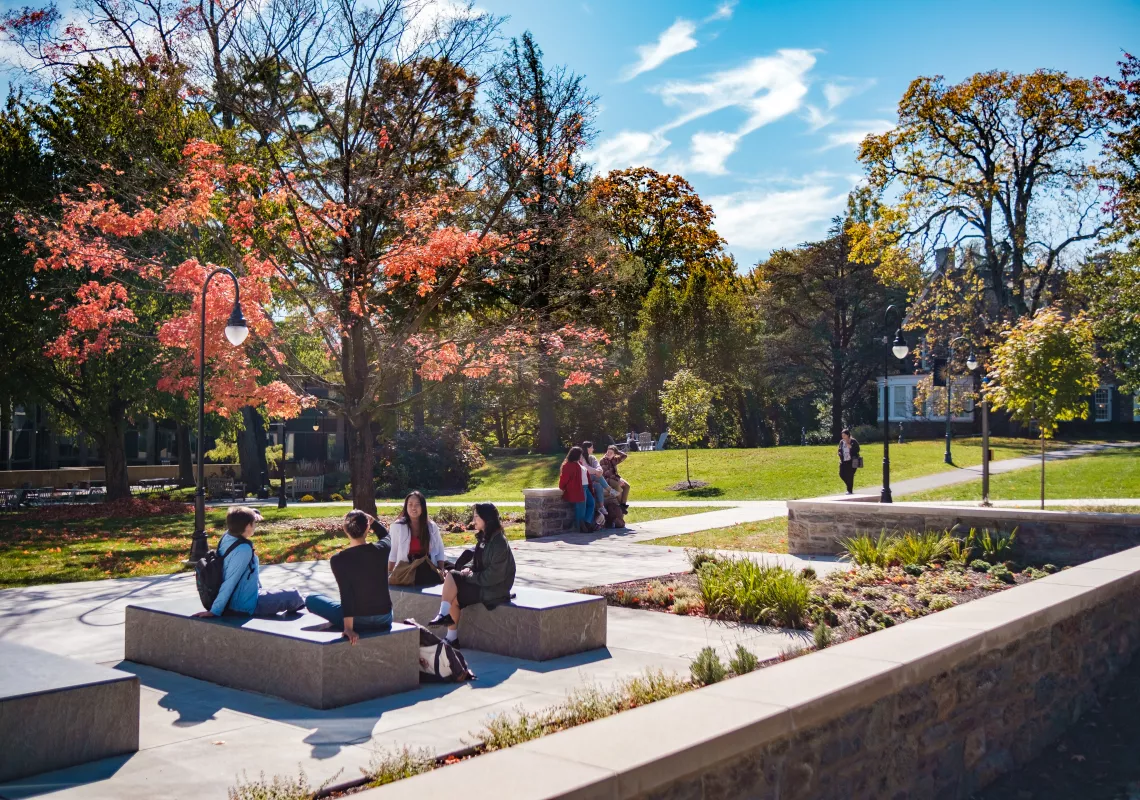
How to Make the Most of Your Visit to Campus
"Whether you’re flying into Pennsylvania or driving down the road, here are some tips about how to make the most of your campus visits during the college tour season."
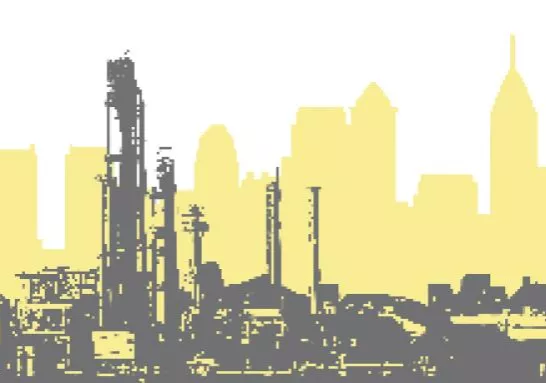
360°: The Transforming Legacy of Oil
This 360° combines courses from Growth and Structure of Cities, Economics, and History to assess how oil has affected our built environment as well as local and global economies.

360°: Constraints: Storytelling in the Digital Age
This cluster is based on the theoretical and interdisciplinary work that suggests that humans think in the form of stories.

360°: Trauma and Resilience through Comics
This 360° pulls together theoretical perspectives on comics, narration, trauma, and recovery to explore critical dimensions of the global experience of trauma, with a focus on interdisciplinary understandings of suffering and survival.

360°: Perspectives on Sustainability
We invite students to study the history of disaster rebuilding and the impact of the built environment on art and literature as part of broader networks of interactions both in East Asia and the West.
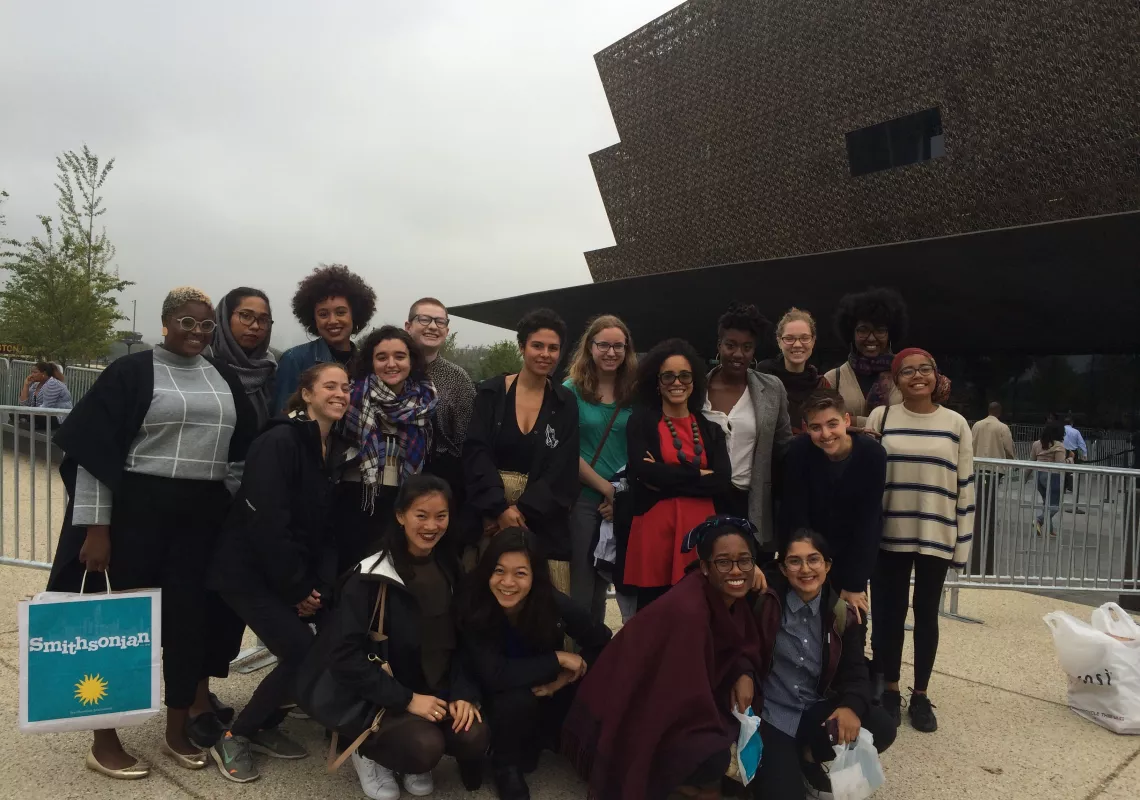
360°: Poetics and Politics of Race
The goal of this 360° is to unpack how meaning is made from representations of race—from artifacts in an anthropological context, to representations in literature, to how people teach and learn.